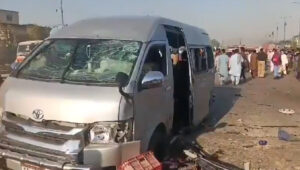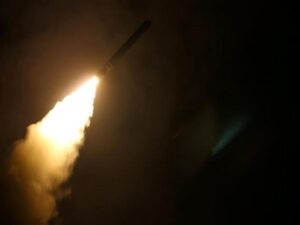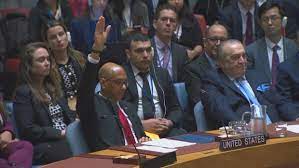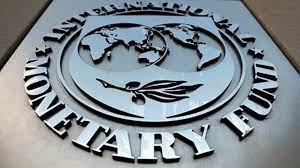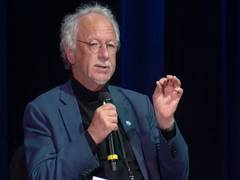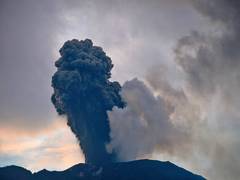Pakistan should formally declare 1971 atrocities as genocide: Dutch activist
Dhaka [Bangladesh], May 27 (ANI): Former lawmaker of the Netherlands, Harry van Bommel has called on Pakistan to formally declare the atrocities it committed during the Liberation War as genocide, The Daily Star reported.
Bommel headed a three-member European team to investigate the genocide committed by Pakistan in 1971 and also appealed to Islamabad to clear its stance on the issue.
The team reached Bangladesh on May 21 and is scheduled to leave today (Saturday).
Genocide scholar Dr Anthonie Holslag and political analyst Chris Blackburn are the two other members of the team, according to The Daily Star.
The Daily Star is a Bangladesh-based newspaper that made its debut in 1991 and is an independent publication.
Reminding Pakistan of its obligations as a civilised country, the former Dutch MP said, “It should be wise for the Pakistani government to come to terms with reality and….formally declare that there was a genocide in 1971.”
Arguing that internationally renowned institutes have already confirmed it as a genocide using empirical methods based on UN criteria, “It is important for Pakistan to take a clear position regarding the 1971 genocide…. It was not a massacre, it was genocide.”
The Dutch human rights activist also said that a plan was underway to file a petition with the Netherlands parliament concerning the genocide carried out by the Pakistan occupation forces on Bangladeshis during their 1971 Liberation War and arrange for witnesses to testify before the parliamentarians.
“I believe that such actions can be replicated by the international community in other countries to support the recognition of the Bangladesh genocide,” Bommel said in an interview with The Daily Star.
He added that Bangladesh can work closely with the diaspora communities to effectively raise awareness for recognition.
He said, “The Armenian genocide was recognised by 29 countries, thanks to the efforts of the Armenian diaspora in foreign nations.”
Van Bommel added, “Diasporas can play a significant role by filing petitions in foreign parliaments and organising public debates to bring attention to the issue. Politicians in foreign countries often pay attention to diasporas, particularly when they are a large, vocal, and visible group, such as the European Bangladesh Forum – an organisation working since 2017 for this cause in European countries.”
He recommended collating statements of witnesses, victims’ family members, and other relevant parties and publishing a book about the genocide in Bangladesh to gain support for the cause.
Shedding light on the need for international acknowledgement of genocide, the former Dutch politician from May 1998 to March 2017 stated that acknowledgement, particularly on an international level, provides comfort to families who have lost loved ones and become victims themselves. It provides them with a sense of justice and acknowledgement of the crimes they have witnessed.
Furthermore, he stated that international recognition can lead to judicial proceedings in which criminals may face criminal prosecution for their international crimes.
He also stated that acknowledging the genocide serves as a form of prevention.
When offenders are not held accountable for their conduct, it sends a terrible message that such atrocities are acceptable. “By recognising the genocide, we send a message of warning that such acts will not be tolerated in the future, promoting a culture of deterrence.”
During the 1971 Liberation War, Pakistani occupation forces killed three million Bangladeshis in nine months, the highest number since World War II. They also raped between 2 and 4 lakh women. Their atrocities drove over 10 million people to seek asylum in India. When the war was reaching its end, they also slaughtered thousands of intellectuals with the help of their local collaborators.
When asked about Pakistan’s continued denial of genocide against the Bangladeshis, Harry van Bommel noted they had seen similar answers from offenders in the past. “These patterns are nothing new.”
Four prestigious scientific organisations have determined that the horrors committed in Bangladesh in 1971 were indeed a genocide. In accordance with the United Nations genocide convention, it is clear that the events in Bangladesh meet the definition of genocide. The objective was to systematically exterminate or partially eliminate a specific group with a state’s participation, which meets the criteria for genocide.
Van Bommel also said, “Hence, it falls upon the international community to politically acknowledge this fact, which would then lead to discussions and debates within the United Nations.”
He added that one reason for this lack of recognition could be attributed to Pakistan’s ties with the West during the Cold War.
He added, “Despite the passage of time, Pakistan continues to be viewed as an important partner by countries like the US and others, despite the global fight against terrorism and Pakistan’s possession of nuclear weapons,” The Daily Star reported.

